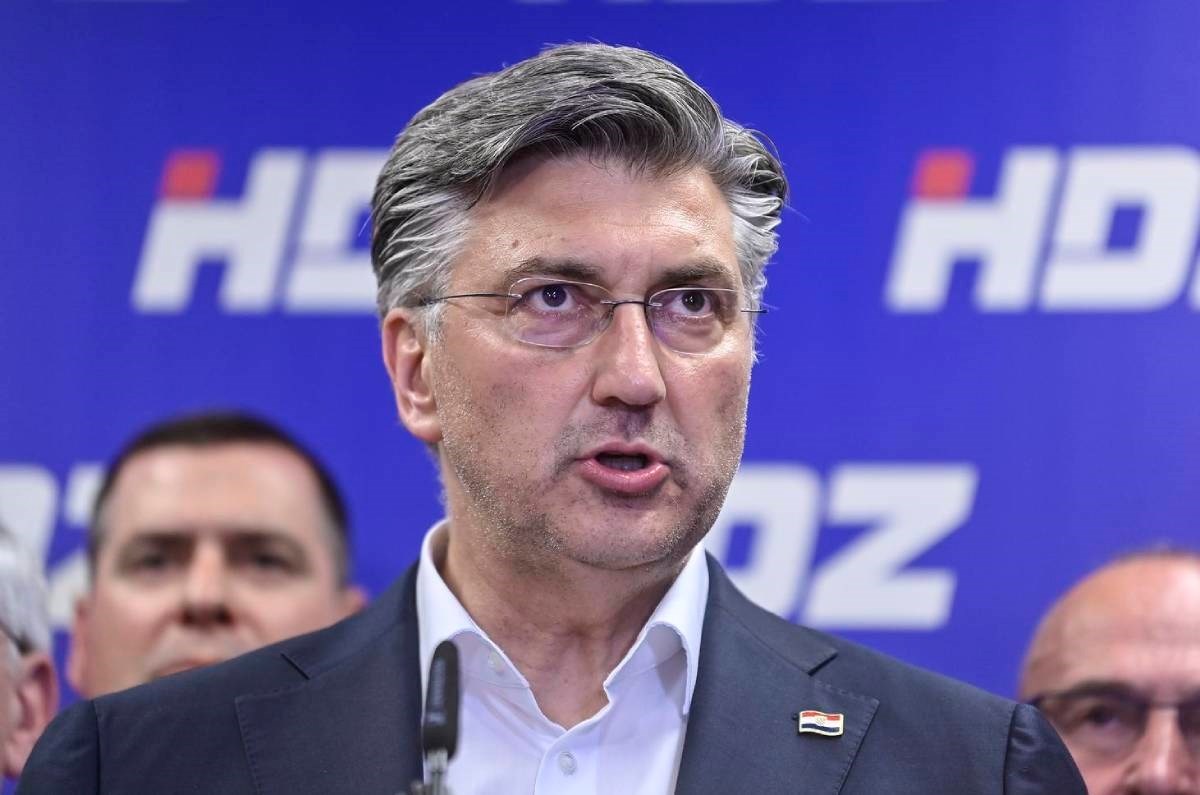Local elections in Croatia demonstrated the clear dominance of HDZ and Prime Minister Andrej Plenković, who successfully retained majorities in counties and cities, including Split and Zagreb. The opposition showed weakness and inability to offer a serious alternative, while individual candidates like Ivica Puljak suffered political decline due to internal conflicts. HDZ effectively used traditional political work and grassroots campaigning, while other parties, including the Homeland Movement, became further marginalized. The elections showed that Plenković plays political chess, while others play games without strategy. The opposition faces challenges in organizing and presenting a clear alternative to the government.
Political Perspectives:
Left: Left-leaning reports emphasize the failure of the opposition to present a credible alternative to HDZ and criticize the ruling party’s dominance as a result of political maneuvering rather than genuine democratic support. They highlight the internal conflicts within opposition parties and the marginalization of newer political movements like the Homeland Movement. The narrative often points to the need for a stronger, more united opposition to challenge HDZ’s entrenched power.
Center: Centrist perspectives focus on the electoral results as a reflection of the will of Croatian citizens, acknowledging HDZ’s effective political strategy and organizational strength. They note the opposition’s fragmentation and the challenges faced by new political actors. The analysis tends to be pragmatic, recognizing Plenković’s political skill while calling for the opposition to improve its coherence and strategy to offer a viable alternative.
Right: Right-leaning narratives praise HDZ and Plenković for their political acumen and ability to maintain control despite challenges. They often frame the opposition as disorganized and ineffective, with some criticism directed at individual opposition figures for internal disputes. The success of HDZ is attributed to traditional political work and grassroots engagement, with a positive view of Plenković’s leadership and strategy as a form of political chess that outsmarts opponents.







































